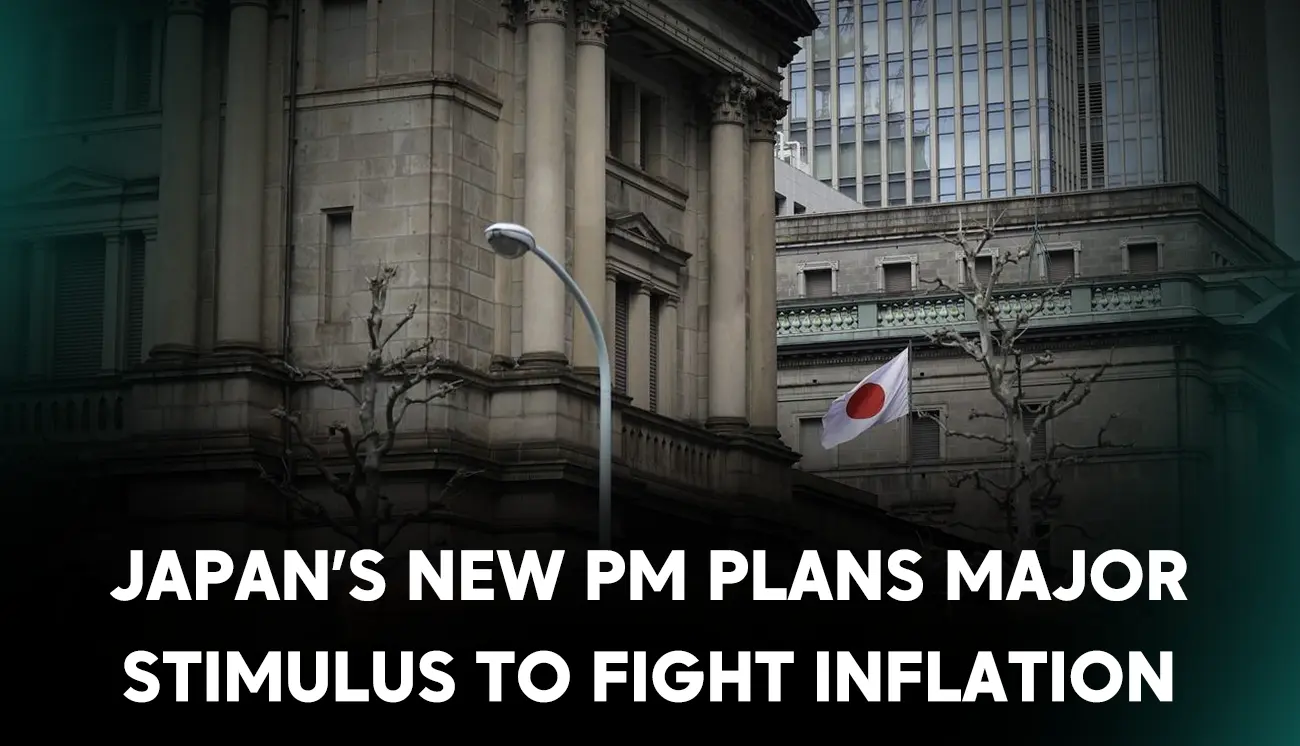Japan’s new Prime Minister, Sanae Takaichi, is preparing an economic stimulus package expected to exceed 13.9 trillion yen (over $92 billion) to help households cope with inflation, according to government sources familiar with the plan.
This package marks Takaichi’s first major economic initiative since taking office. Known for her support of expansive fiscal spending, she reaffirmed her commitment to what she describes as a “proactive and responsible fiscal policy.” The plan focuses on three key pillars: anti-inflation measures, investment in future industries, and strengthening national security.
As part of her anti-inflation measures, Takaichi’s government plans to swiftly abolish the temporary gasoline tax and expand grants to local governments, with a particular emphasis on supporting small and medium-sized enterprises (SMEs) that currently do not benefit from existing wage-increase tax incentives.
The package will also include investments in growth sectors such as artificial intelligence and semiconductors, aligning with the government’s strategy to foster sustainable and innovation-driven economic development. The final size of the package is still being determined, with an official announcement expected soon.
To finance these measures, the government is preparing a supplementary budget for the current fiscal year, aiming to pass it in the next extraordinary parliamentary session. If spending exceeds initial estimates, Japan may need to issue additional government bonds, raising questions about how to balance economic growth with fiscal discipline.
Analysts note that the plan is consistent with Takaichi’s election platform within the ruling party and closely resembles the policies of previous administrations, which used extra tax revenues from inflation to fund large-scale supplementary budgets supporting low-income households, rather than prioritizing a primary budget surplus.
Takaichi Japan’s first female prime minister is considered one of the strongest advocates of the late Shinzo Abe’s “Abenomics” policies, emphasizing higher public spending and tax cuts. She has also pledged to restore a more active governmental role in steering monetary policy, even though the Bank of Japan retains full independence over its execution.
Investors are closely monitoring the government’s direction, particularly as Japan remains one of the most indebted nations in the world, making every new fiscal move a focal point for global markets.
Stay informed about global markets through our previous analyses. and Now, you can also benefit from LDN company services via the LDN Global Markets trading platform.





